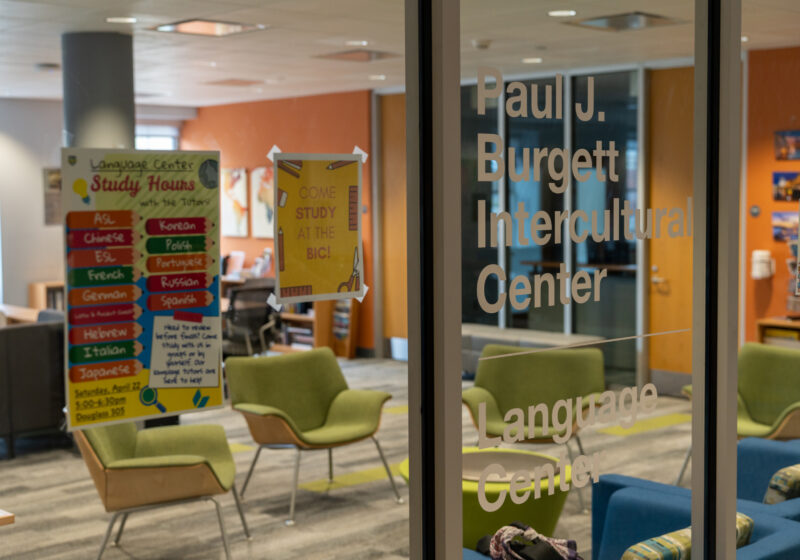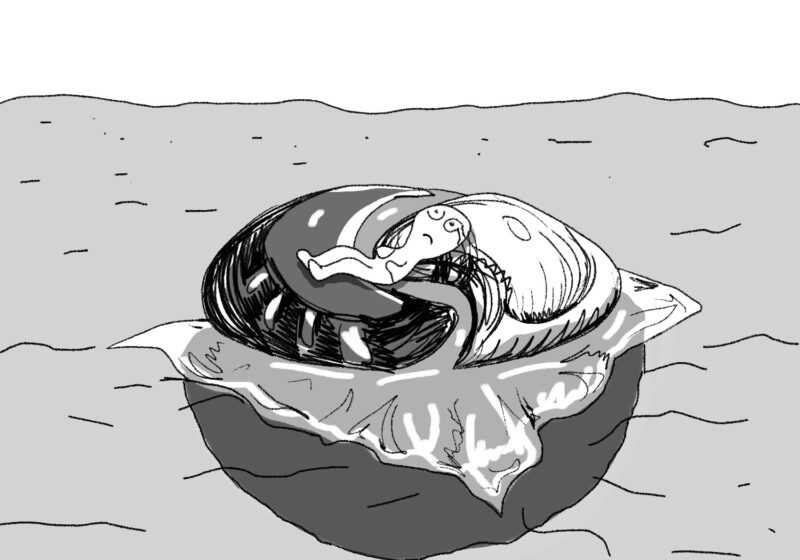Do you know what a military dependent is? Who we are? Who I am? Let me tell you.
Nine moves, eight houses, seven schools, four countries, a few close friends then none — all in 12 years. 10 weeks old and I was already on my first international flight. I was an insecure little girl with a crooked smile and a gap so wide between my bottom teeth that I could stick my tongue through it. I was a resilient little girl whose dad was deployed to a warzone for a year when I was only five.
Most importantly, I was a compassionate little girl whose heart remains tethered to many different places; many different homes; tethered to every house, apartment, neighborhood, embassy, and military base I’ve ever found safety and community in.
I am a military dependent: a child of an active duty or retired military member. If that’s not identity, then I don’t know what is.
Being a military dependent requires endless adaptation and resilience. You’re always choosing how you’re going to present yourself after inevitably being the new girl again. Choose wrong and you’ll end up with no friends. Or in my case, troublesome sixth-grade girls who frame you for stealing from the girl’s locker room.
But in return I was gifted vivid memories of California lemon trees and blanketed white Russian winters and wooly sheep in my English village backyard. And there’s nothing like the community of kids you meet along the way — who know exactly what you’re going through and what you’ve been through.
My dad retired from his 22 years of service in the Marines when I was 12. I wondered if my experience would ever be relevant again, and if I’d be able to find my community if I wasn’t moving around. When I discovered UR was one of the best colleges for veterans and their families, I looked forward to the helpful resources and opportunities for community among dependents.
Among these resources are the Veteran and Military Family Services Office (VMFSO), the Veteran’s Alliance, the Yellow Ribbon Program, and the numerous offices listed under the veteran’s resource directory. UR even goes as far to say that “veterans and their dependents have access to many resources to help navigate any hurdles.”
But most of the resources for dependents are only empty, missed opportunities. While I can use Post-9/11 GI Bill benefits to pay for school expenses, there are no FAQs provided by the VMFSO to guide me when I withdraw from a class or change credit hours after registration or when Veterans Affairs (VA) sends me a scary letter revoking my housing allowance. Instead, I’m caught in a confusing crossfire: either told to talk to the VA after emailing the VMFSO, or told to talk to the VMFSO when I’m on the phone with the VA.
While I can use my military ID as my health insurance card at UHS, the registrar by default provides me with an insufficient enrollment verification letter to renew my ID over the summer. The military ID office only accepts a letter that verifies the next semester, and UR specifically stipulates that a semester will not appear on the letter until four weeks in. Knowing this is a specific parameter for renewing a military ID, VMFSO could have coordinated with the registrar for a specific option.
I’ve received emails inviting me to a veteran’s run, a veteran’s pinning ceremony, a veteran’s networking event, and more of the like. However, I would feel completely out of place going to a veteran’s event. Because I’m not a veteran — I’m a dependent. Where are community events for me?
The Burgett Intercultural Center (BIC) is one of the offices listed under the veteran’s resource directory. During my interview for a BIC Program Assistant position, I advertised myself as a military dependent passionate about creating programs to build the dependent community on campus. Yet after being hired, when I first broached holding a military event, the BIC professional staff responded with something to the like of “well, let us know when you figure that out.”
When I did put some relevant programs together, I was told by my coworkers that military dependent programming didn’t fit with the BIC’s mission statement, though, according to their website, “the mission of the Paul J. Burgett Intercultural Center (BIC) is to promote cultural awareness and engagement, educate on issues of identity, culture, and diversity, and provide avenues for intersection and opportunities for collaboration.”
Apparently being a military dependent doesn’t count as an identity — or, at least, an important one.
I met with BIC professional staff, and while they seemed sympathetic, they told me they didn’t want to “call anyone out” or “point fingers.” Even though their mission statement was being misused by their own employees.
April is Month of the Military Child, and I included it on the BIC’s whiteboard for April celebrations. When I came in for my next shift, it had been erased — I had been erased. Anyone going behind the desk to do that besides a BIC employee is doubtful.
I’ve offered to help the VMFSO with FAQs. I’ve mentioned to them connecting with the registrar to create a more specific enrollment verification letter. I’ve written a previous CT article about UHS’ unfamiliarity with military health insurance. I’ve planned and executed military programs at the BIC. I’ve done my part, but the gaps in resources and community remain large.
I would be doing a disservice to the resilient little girl of my childhood if I didn’t speak up for her. She is my home; she is ingrained in my identity. I can only hope that resources and programs for dependents will improve at UR in the near future because I’m tired of trying to make them happen by myself. So, happy Month of the Military Child. To you dependents out there: I see you, your needs are valid, your identity is important. Don’t let UR convince you otherwise.




